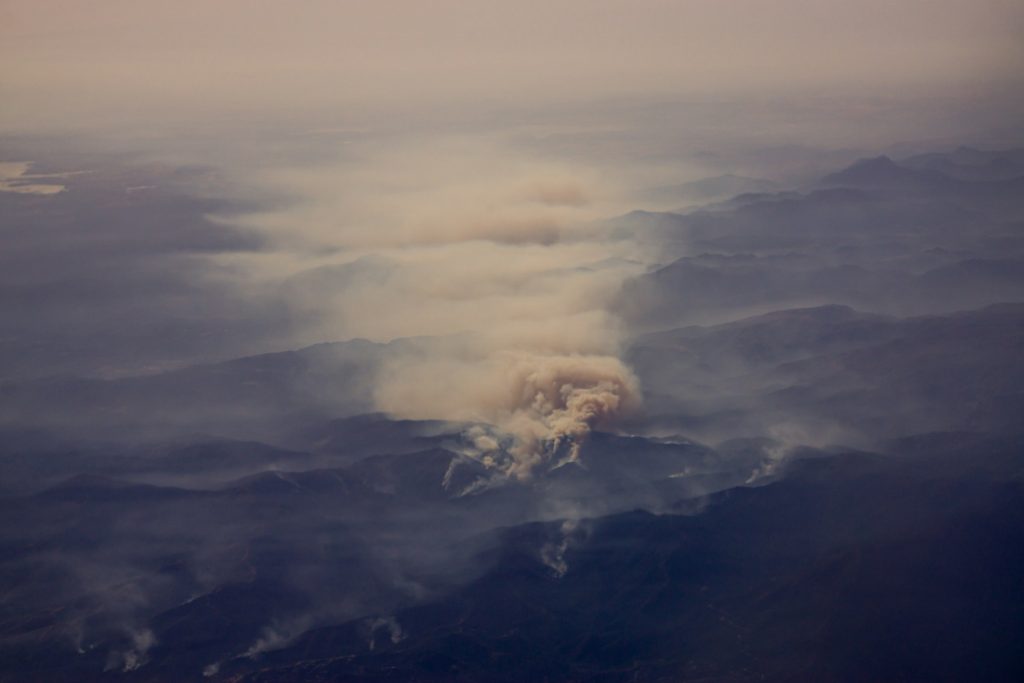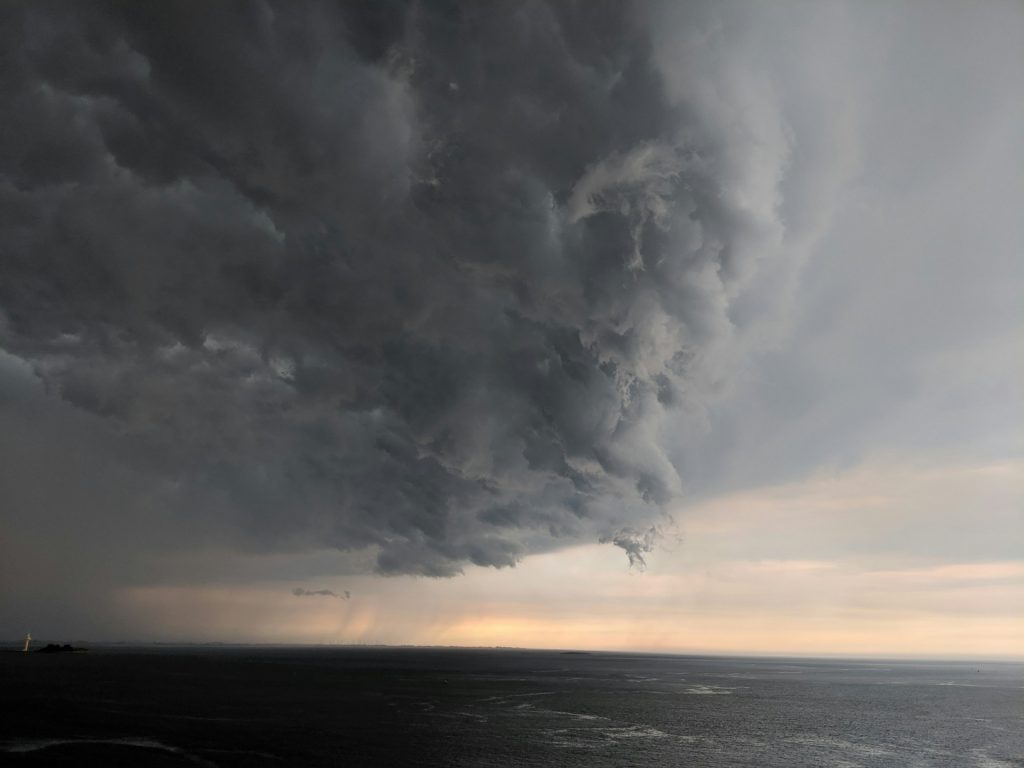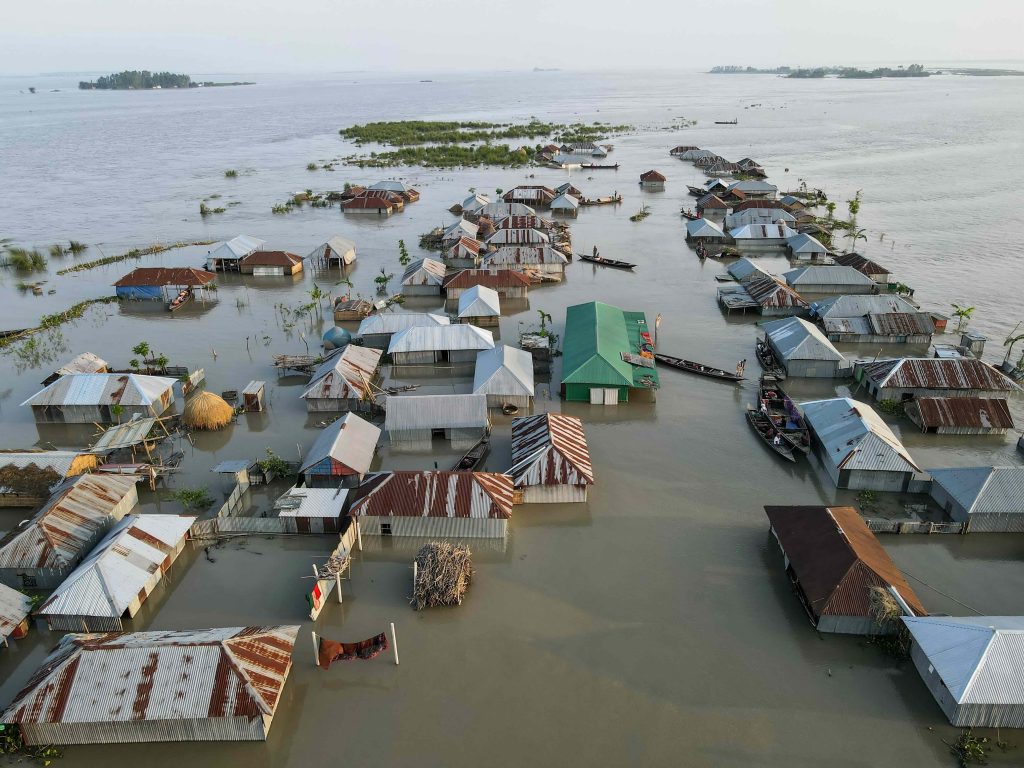
COP30 | From the Mediterranean to the global ocean. Coppini (CMCC): “We build coastal resilience by developing solutions and anticipating future scenarios”
At COP30, the Mediterranean emerges as a laboratory for climate resilience – where environmental, social, and technological innovation converge. The region, deeply affected by the climate crisis, is also a space of connection: between continents, communities, and knowledge systems. As the European Commission advances the new Pact for the Mediterranean, aiming to create a more connected, prosperous, and resilient region, CMCC research and initiatives showcased at COP30 highlight how science, governance, and people-centred approaches can drive this transformation.











